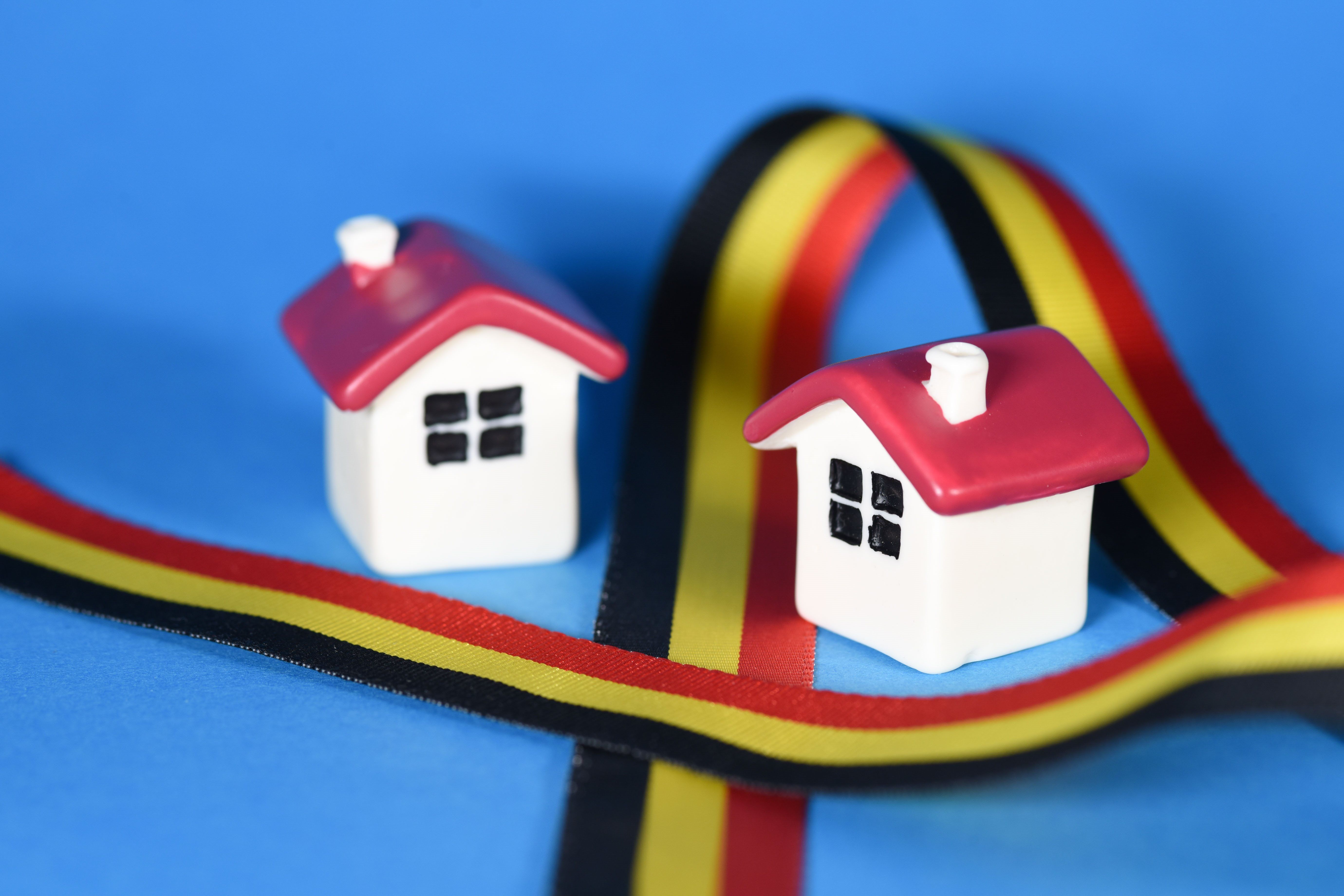The Belgian economy grew slightly in the 3rd quarter, reducing the chances of a recession

New National Bank of Belgium calculations show that the economy grew slightly in the third quarter. As a result, gross domestic product (GDP), adjusted for seasonal and calendar effects, rose 0.2 per cent compared to the second quarter.
Although an initial flash at the end of October still assumed a 0.1 per cent fall in Belgian GDP, that figure is now higher than expected. According to the National Bank, growth was 0.2 per cent quarter-on-quarter or 1.9 per cent year-on-year. However, this does put growth at its lowest level since the end of 2020, when there was negative growth due to the corona pandemic.
In recent quarters, economic growth in Belgium has hovered around 0.5 to 0.6 per cent. Especially in the services sector, added value in the third quarter was higher than expected (+0.4 per cent), and construction also made a positive contribution (+0.3 per cent). In manufacturing, however, the added value fell by 0.9 per cent.
The economy's engine remains households, as their consumption rose 0.7 per cent in the third quarter. Government spending remained stable, while public and business investment fell. Imports rose more than exports, which had a negative impact on GDP.
In the third quarter, 21,900 jobs were added. On a year-on-year basis, the number of employed rose by 95,700. The previously predicted contraction in Belgian GDP would have been the first since the end of 2020. Two consecutive quarters of negative growth means a recession, but that now seems less certain.
© Belpress